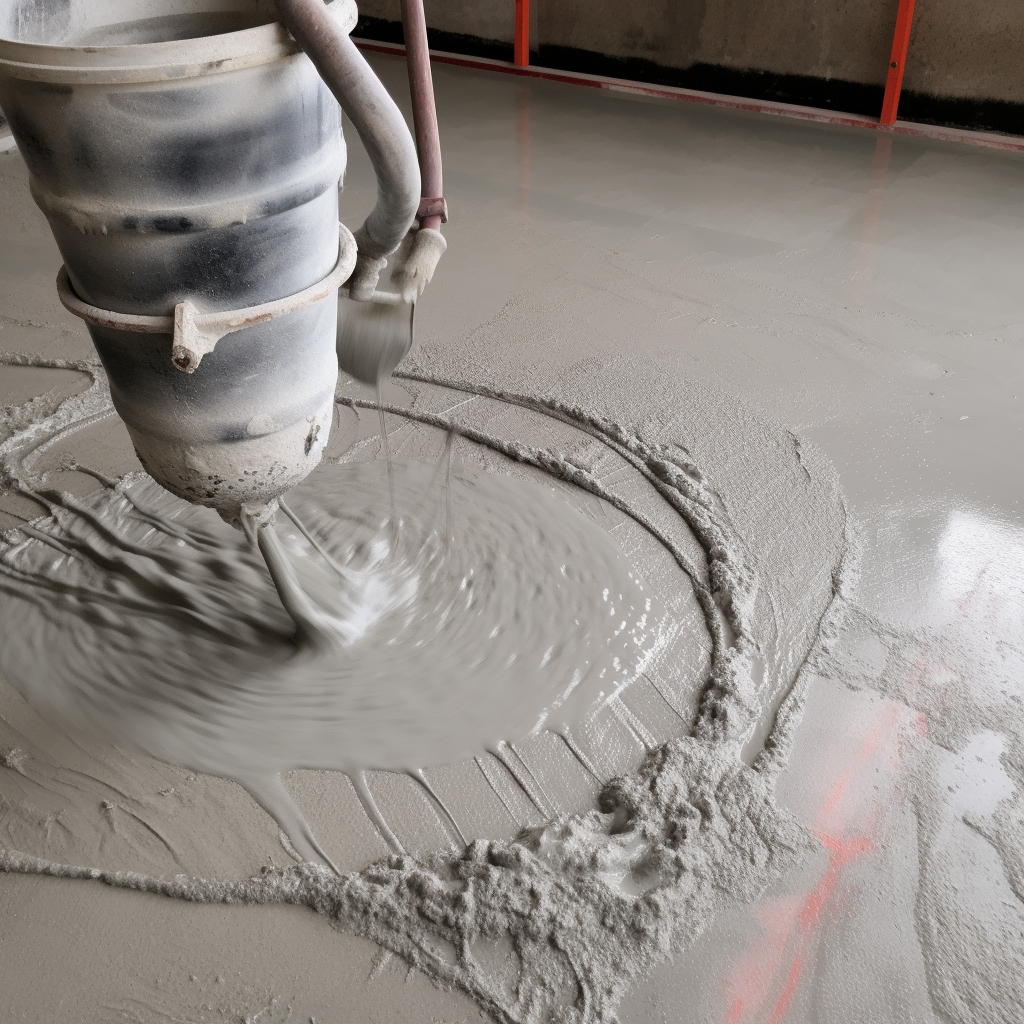April 3, 2023
Baking Soda Could Be the Key to Sustainable Concrete Production, Finds MIT Researchers
Book a Demo
Concrete is a widely-used construction material, but it’s production has a significant environmental impact, accounting for around 8% of global CO2 emissions. However, MIT researchers have developed an innovative approach which could make concrete production more environmentally-friendly.
The method involves adding sodium bicarbonate, commonly known as baking soda, to the process. This addition mineralizes up to 15% of CO2 emissions and forms carbonates before the concrete sets. This improves its mechanical performance and reduces CO2 uptake.
Furthermore, the innovative approach ensures that the concrete maintains its structural integrity. Precure carbonation enhances strength and resistance to chloride permeability without deteriorating structural integrity.
The impact of this development on the environment and sustainability of concrete production is significant. By reducing emissions, both in the production process and over a building’s lifetime, the approach paves the way for a more sustainable concrete production. Additionally, carbon sequestration is enhanced as CO2 is taken out of the atmosphere and stored in the concrete.
The MIT researchers have discovered that introducing new materials, such as baking soda, into existing processes can significantly reduce emissions without altering bulk mechanical properties. The innovative approach speaks volumes about the potential that lies in the exploration of new materials in the construction industry.
Adding baking soda during mixing and pouring could be the key to reducing CO2 emissions and making concrete a climate solution. The innovative approach developed by the MIT researchers is a significant step towards more sustainable concrete production and reducing the environmental footprint of the construction industry.



